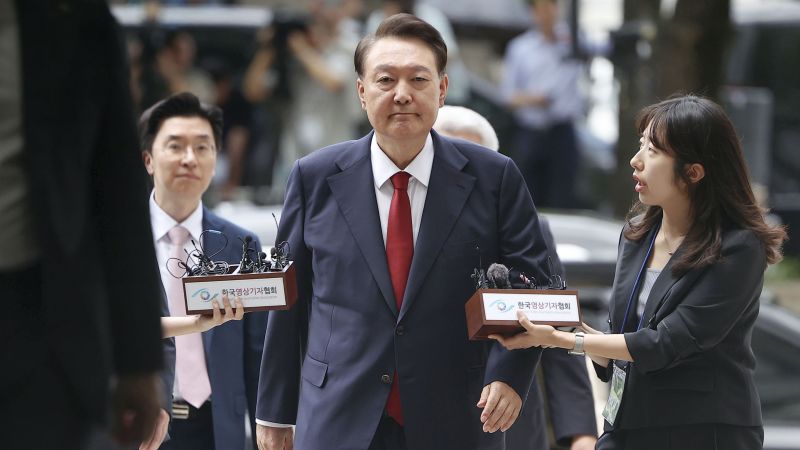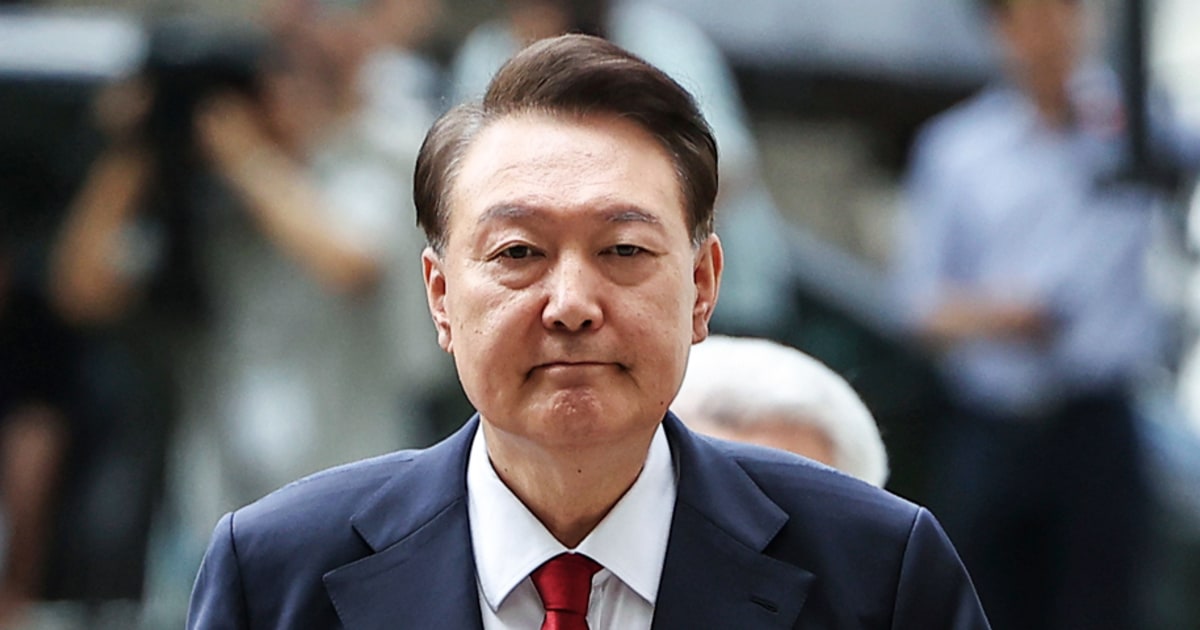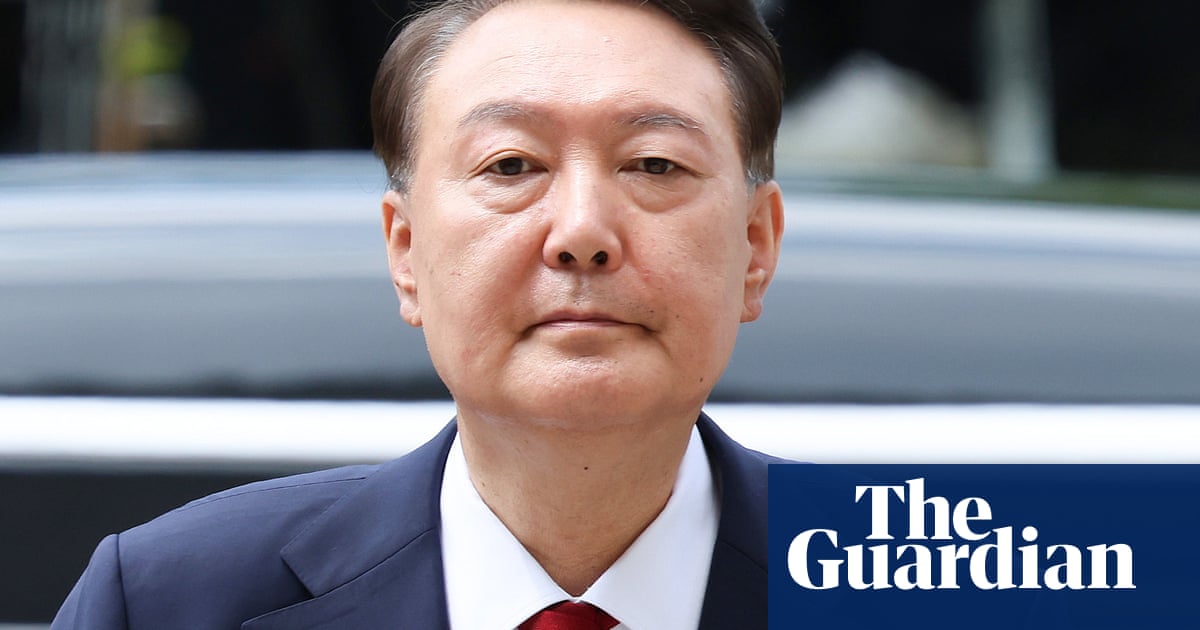Former South Korean President Yoon Suk Yeol Arrested Again Amid Martial Law Investigation
Yoon Suk Yeol has been arrested again, facing serious charges related to his attempt to impose martial law, with implications for his political future.
Subscribe to unlock this story
We really don't like cutting you off, but you've reached your monthly limit. At just $5/month, subscriptions are how we keep this project going. Start your free 7-day trial today!
Get StartedHave an account? Sign in
Overview
- Former South Korean President Yoon Suk Yeol has been arrested for a second time due to his attempts to impose martial law last December, following a court's approval.
- Yoon, the first sitting president in South Korea to be detained, faces charges of leading an insurrection and is currently in solitary confinement.
- His previous removal from office in April led to a snap election in June, with ongoing investigations into his alleged obstruction of justice.
- Concerns over evidence destruction prompted Seoul courts to grant arrest warrants, with Yoon facing potential life imprisonment or the death penalty.
- Yoon's defense claims the investigation is politically motivated, while he defends his actions as necessary to combat 'anti-state' elements.
Report issue

Read both sides in 5 minutes each day
Analysis
Center-leaning sources frame the situation around former President Yoon Suk Yeol with a focus on legal proceedings and implications of his actions. They express skepticism towards his defense, highlighting concerns of evidence tampering. The narrative suggests a bias against Yoon, portraying him as a controversial figure facing serious allegations amid political turmoil.
Articles (7)
Center (4)
FAQ
Yoon Suk Yeol faces charges of leading an insurrection related to his martial law declaration. The investigation also includes concerns about possible obstruction of justice and potential life imprisonment or the death penalty.
Following the announcement of Yoon's arrest warrant, his supporters gathered outside the courthouse, with some protesters breaking into the court, vandalizing offices, and causing property damage. A total of 86 individuals were arrested for various offenses.
Yoon's defense claims that the investigation is politically motivated. He defends his actions as necessary to combat 'anti-state' elements.
History
- 4M

 3 articles
3 articles






